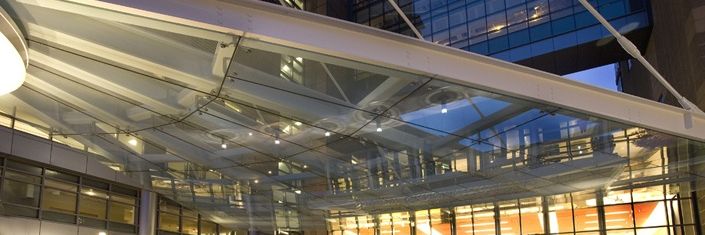Business Manager: Sean W. Daly
Source:hartfordbusiness.com
Source:thehour.com
Source:patch.com
A redevelopment plan for the former Hartford Trade School building at 110 Washington Street would create approximately 57 affordable and workforce housing units through a $33.6 million project by Arch Communities and Boston Communities. The 1928 building, which has been used as a city warming center, is pending approval from the city council and environmental reviews, with construction potentially starting in spring 2026. Source: courant.com
Eleven governors from PJM Interconnection member states are demanding greater control over grid operations as data center expansion drives capacity auction costs from $2.2 billion to $16.1 billion in two years. The surge in electricity demand from AI and data centers has caused ratepayer bills to increase substantially, with some threatening to withdraw from the 13-state grid altogether. Source: grist.org
New England states have invested over $390 million in offshore wind infrastructure since 2011, with Massachusetts alone spending on specialized ports and job training programs. The region's first two utility-scale offshore wind projects, Vineyard Wind and Revolution Wind, are under construction and expected to be fully online by early next year, though the industry faces significant uncertainty. Source: wbur.org
BP and JERA's joint venture JERA Nex BP is withdrawing from the US offshore wind market and halting investment in the Beacon Wind project off Massachusetts, citing unfavorable market conditions. All US-based team members will be laid off in coming months, though the company will maintain the Beacon lease for potential future development. Source: offshorewind.biz
After the administration discontinued NOAA's billion-dollar disaster database in May 2025, Climate Central revived it under the leadership of former NOAA scientist Adam Smith. The database has tracked 417 weather and climate disasters totaling over $3 trillion since 1980, with 14 billion-dollar disasters occurring in the first six months of 2025 alone. Source: time.com
Nearly 6,000 tradeswomen gathered in Chicago for the 15th Annual Tradeswomen Build Nations conference, with IBEW representing over 800 members including 26 from Local 11. The event featured workshops on empowerment and leadership, highlighting growing programs like EMPOWER and the first-ever All-Women's Veteran Electrical Entry Program Pre-Apprenticeship class. Source: ibew11.org
US offshore wind faces a 56% decrease in development by 2035 with $114 billion in investments canceled or delayed due to administration policies including a temporary leasing moratorium, 50% tariffs on turbine parts, and early termination of tax credits. Only seven wind farms remain operational or under construction on the East Coast, far short of the Biden administration's original goals. Source: e360.yale.edu
- ‹ previous
- 13 of 173
- next ›





